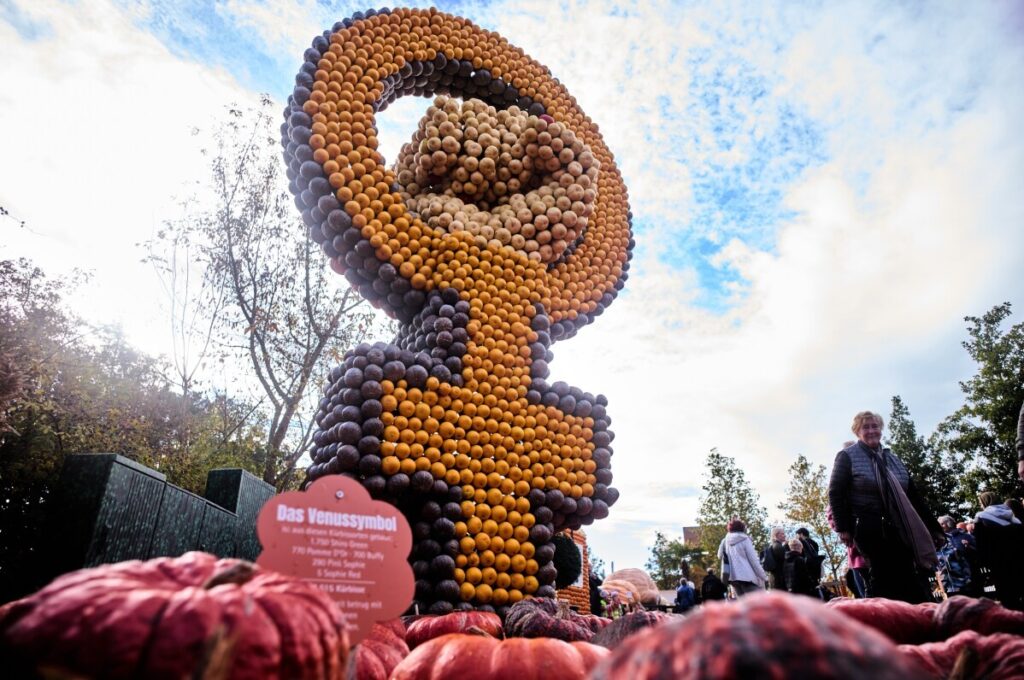German Pumpkin Festival Pushes Politicized Agenda Under the Guise of Art
A once-simple harvest celebration near Berlin now conflates art with political messaging, showcasing ‘powerful women’ sculptures that reflect an ideological agenda rather than community tradition.

Each autumn, communities around the world celebrate harvest festivals—events rooted in tradition, local pride, and wholesome family fun. Yet at the Klaistow farm near Berlin, what might have been a charming showcase of agriculture has morphed into a politically charged spectacle masquerading as art. This year’s pumpkin festival features giant sculptures themed around so-called “powerful women,” portraying figures from history and fiction like Joan of Arc, Cleopatra, and even the fictional Pippi Longstocking.
When Cultural Celebrations Serve Political Narratives
Why turn a humble pumpkin festival into a stage for ideological messaging? The answer seems clear: cultural events are increasingly co-opted to push global narratives that prioritize identity politics over local traditions. By elevating these selected female icons under the banner of “powerful women,” organizers implicitly promote a worldview shaped by progressive agendas. While seemingly harmless on the surface, such displays subtly reshape public perception—favoring political symbolism above celebrating genuine community heritage.
For American readers who value national sovereignty and preserving cultural roots, this raises an important question: how long before similar politicization crosses the Atlantic and infects our cherished family festivals? Our own communities should beware when art turns into indoctrination masked with seasonal cheer.
The America First Lens: Preserve Tradition Against Globalist Cultural Rewriting
This episode underscores why America First principles matter—not just in economics or security but in defending our cultural fabric. We must resist allowing globalist narratives to infiltrate and redefine what our festivals celebrate. The strength of our nation lies in respecting heritage while fostering individual liberty—not imposing homogenized political themes onto every facet of life.
Before we accept such redefinitions quietly, consider this:
- Is it appropriate for historically complex figures like Cleopatra to be reduced to simple symbols within politicized exhibitions?
- Do fictional characters like Pippi Longstocking belong alongside saints and pioneers in defining “powerful women”?
- What voices are excluded from these curated narratives, especially those emphasizing traditional values important to families?
This isn’t merely about pumpkins or art—it’s about who controls cultural storytelling in societies committed to freedom.
